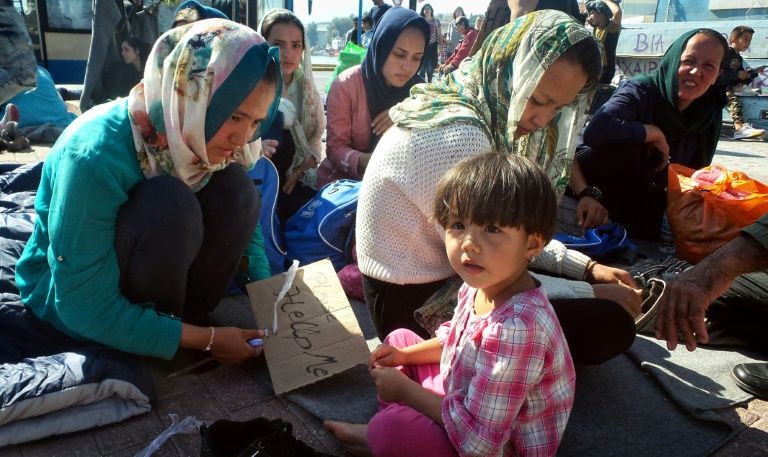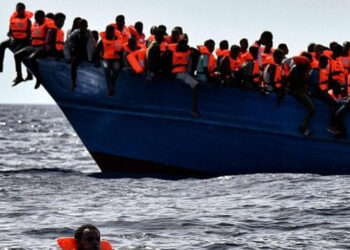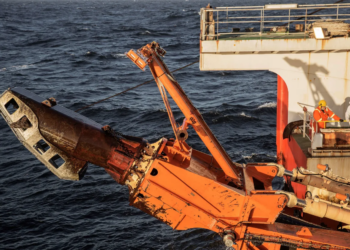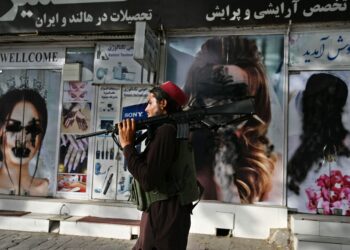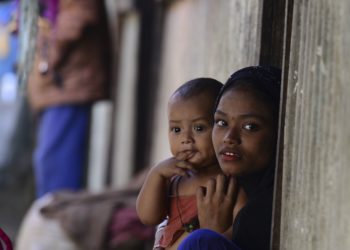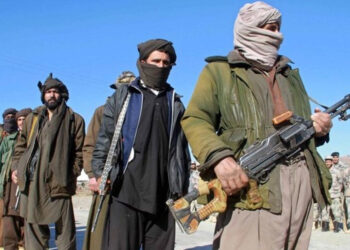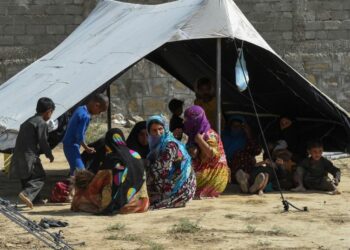After nearly a decade of discussion with Afghan authorities, Norway and Denmark are closer than ever to establishing a children’s center in Kabul for unaccompanied Afghan minors whose asylum claims in Norway and Denmark have been denied. Once the center is established, however, these minors can be immediately expelled from Norway and Denmark to the center and reside there until, presumably, they reunite with family or age out.
From the perspective of the current Norwegian and Danish governments, the establishment of such centers preserves the integrity of the asylum system, by ensuring that persons without a real protection need are swiftly removed to their country of citizenship. Some politicians also argue the centers will deter future inflows of unaccompanied youth, by sending a signal that it is likely that they will not be able to stay. Not only would overall numbers of refugee claims decline, but children would no longer be encouraged to embark on dangerous journeys in the first place. Finally, a solution based in the country of origin is more cost-efficient in the short term than providing schooling, health care and integration support in Europe, according to these politicians.
While it is not yet clear who would be responsible for running the center in Kabul, or what services it would offer, the concept itself raises serious concerns under international law.
Misleading Claim
First, the claim that unaccompanied minors from Afghanistan have “no protection need” is misleading at best. Indeed, many of these minors do have an established need for protection in their area of origin, but they are deemed to have an “internal protection alternative” somewhere else in Afghanistan. For example, a young man kidnapped by the Taliban in Kunduz who manages to escape and flee the country may be refused refugee status if he could safely settle in another Afghan area, typically Kabul. Norwegian and Danish authorities have determined that the general security situation in Kabul does not pose a real risk of personal harm.
Is Kabul a Safe Haven?
Second, the claim that Kabul offers a safe haven from insecurity and persecution at home must be challenged. In France, for example, the National Court of Asylum has ruled that the situation in the capital in 2018 has reached the threshold of (non-international) armed conflict. The same conclusion was reached by the French Court of Appeal of Lyon. It is noteworthy that the Ordinary Court of Rome, in a fresh decision of June 5, held that a 20-year-old Afghan male without a support network in Afghanistan could not be lawfully returned from Italy to Norway under the Dublin Regulation. This would have violated his fundamental human rights, because of the risk of deportation from Norway to Kabul. The large numbers of civilian deaths, the increased presence of different armed groups and terror attacks, ethnic fragmentation, and the deteriorating humanitarian situation compounded by the arrival of 1.6 million Afghan refugees from Pakistan, Iran, and lately Turkey, paints a picture of great precariousness.
Even if security improves in Kabul, is it likely that Afghan authorities can and will protect people from new or more targeted harms? Deported children face not only generalized threats of violence but also specific risks related to their age and position. Many minors come from areas far from Kabul; some have even lived their whole lives as refugees in Pakistan and Iran. They become internally displaced persons upon their so-called “return.” Research on young returnees documents drug use, exploitation, trafficking, forced recruitment, and marriage. Twenty percent of all children in Afghanistan have been estimated to suffer from post-traumatic stress disorder.
To compound their vulnerability, there is no tradition in Afghanistan of institutional care. This means that in addition to basic security threats these youths would face significant social stigma. Already, returnees are suspected of transmitting Western values and mores. In other words, no matter what risks of persecution or harm they faced in their previous homes, life in Kabul – especially at a high-profile center that may be considered a useful target by the Islamic State or others – is simply no solution when it comes to security. This presumes that the returnees even remain there. Fifteen years ago, the Dutch established a similar center in Angola: only one youth ever ended up there, and only for a few days.
Child’s Best Interest
And finally, the Convention on the Rights of the Child imposes a duty on states to consider whether return would be in the child’s best interest. It is hard to see under what conditions return to a children’s center in Kabul would better serve the child’s interests than a secure asylum in Europe.
Not even traditional arguments for return, which highlight the child’s interest in family unity and cultural integrity, are persuasive in these types of cases. Indeed, even if the returnee does find his family, it is not certain that the relatives – whose hopes and expectations he failed to realize – will welcome him with open arms. In the current armed conflict in Kabul, it is questionable whether the best interest of the child now, when the person is below 18, can ever be overcome by immigration regulation concerns – regardless of a new return center.
Despite claims that the children’s center is intended for minors who are refused refugee status after an individual assessment, it does not take great imagination to see how the existence of a “safe haven” could become the basis for such a refusal.
Instead of reasoning that Kabul is safe but for the absence of an adult caregiver, a decision-maker might reason that the center itself is an “internal protection alternative.” This might even silently be considered one of the beneficial effects by the Danish and Norwegian governments. This would be, however, a serious distortion of refugee law, which is concerned with providing stable solutions for people facing a risk of persecution in their home countries. It is not aimed at creating new forms of forced displacement, and especially not to expose children to a specific risk of being subjected to a future war crime and terrorist attack.
If a center nonetheless does open, it is essential that post-return monitoring follows these children after return, including to determine the impact of deportation in keeping with the Convention on the Rights of the Child. In addition, Danish and Norwegian ministers should start preparing for the worst-case scenario.
Disclaimer: The views and opinions expressed here are those of the author and do not necessarily reflect the editorial position of The Globe Post.

